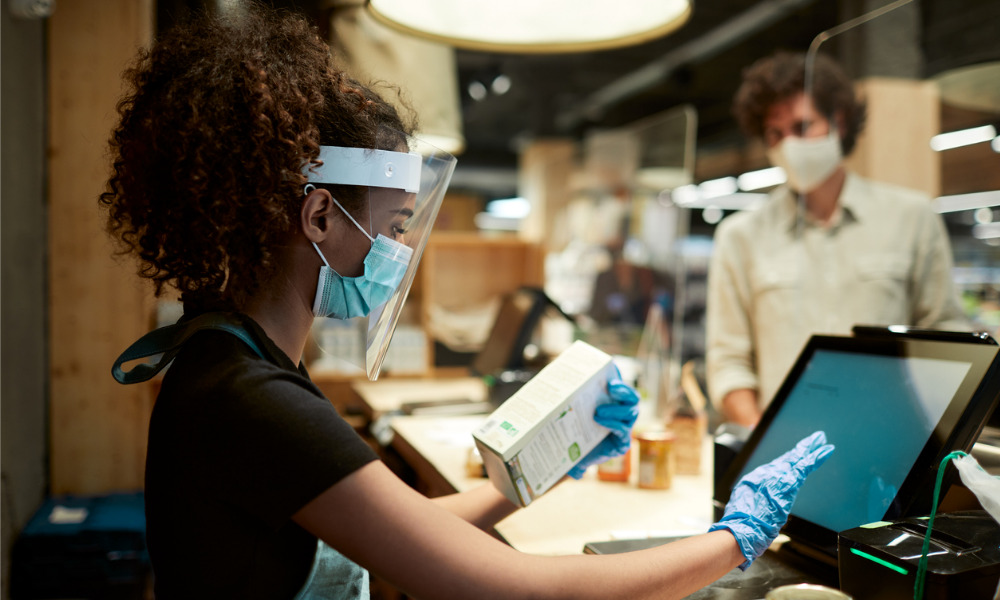
85% of staff have experienced abuse from customers

Woolworths staff will soon be equipped with body cameras while on duty in a bid to monitor and prevent incidents of verbal and physical assault from customers. The move comes as cases of abuse against team members doubled in 2020, new data revealed.
As many as 85% of the company’s store employees have encountered physical, sexual and verbal abuse from shoppers, a report from the union Shop Distributive and Allied Employees Association (SDA) said. Heightened tension from the implementation of COVID-19 restrictions, however, coincided with the increase in assault cases last year.
Read more: Woolworths staff send powerful message to ‘abusive’ customers
“Nobody deserves to be abused at work, so it’s important we look at new measures to help keep our team members safe. These cameras are used widely in retail across the US and UK and have been effective in reducing the rate of reported incidents,” said Robert Moffat, Woolworths’ director of stores, who spoke to Yahoo News Australia.
While the body cam can serve to document untoward incidents, the device will be switched on only by a trained supervisor and only “as a last resort if a supervisor is concerned about a threat to team safety,” Moffat said. No audio will be recorded and any recordings made will only be accessible to Woolworths’ legal department and to law enforcers.
Read more: Woolworths hires first chief medical officer
Eleven stores across the country have started testing the body cam method. However, they are required to post signage throughout store premises to inform customers that they have participated in the new scheme.
Since the start of the pandemic, retailers have seen a “significant spike” in abusive customer behaviour as shoppers typically go into panic buying in response to the lockdown, observed Bernie Smith, NSW secretary of the SDA.
In July 2020, Woolworths employees also began wearing a secondary badge that read “I’m a daughter/son/mother/father”. This was to remind customers to show them respect as they are also someone’s family.
“The idea of the badges is to humanise the person behind the counter, so the customer sees them as a person rather than somebody processing their sale,” Smith said at the time. “The badges make people think twice.”